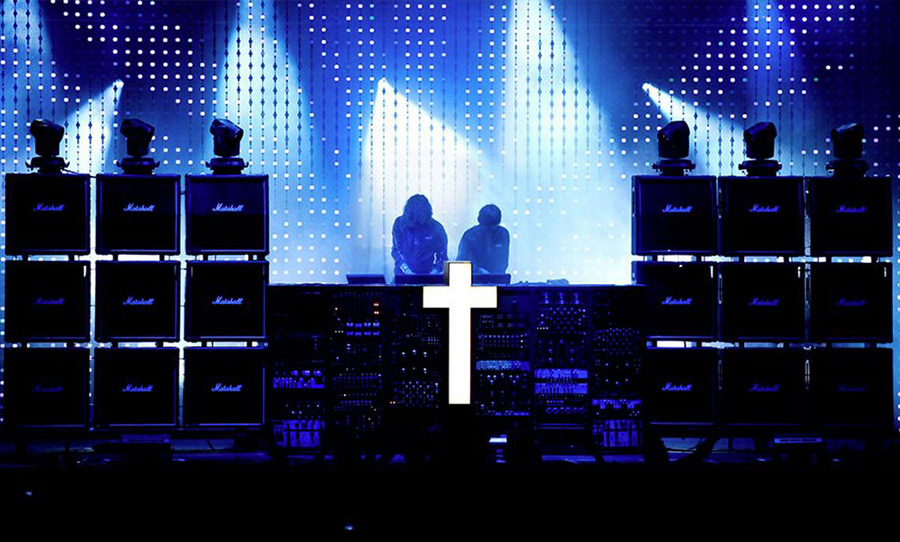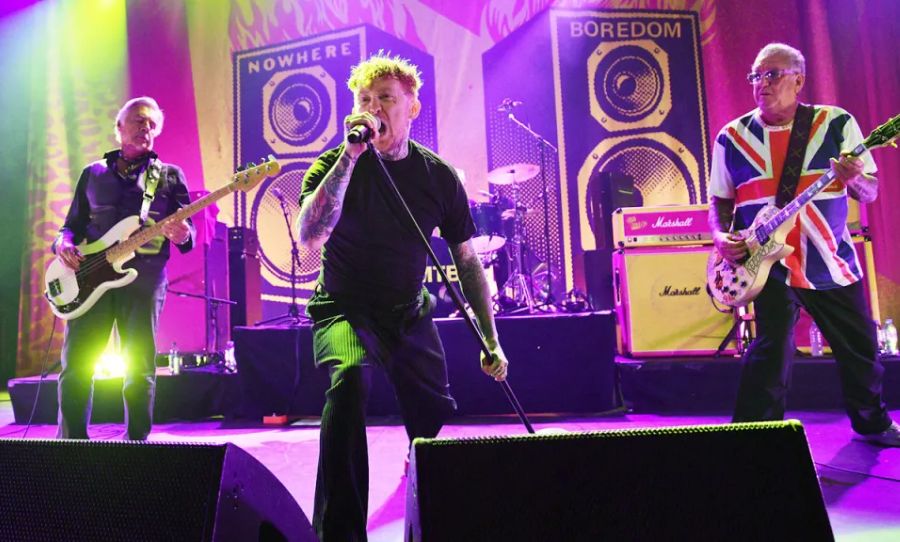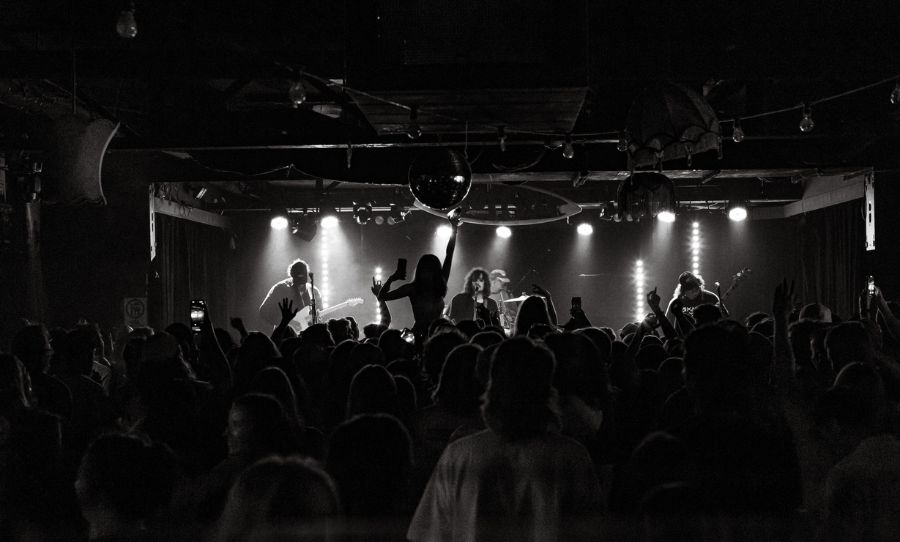Justice. The French dance duo have released a smattering of albums since their debut in 2007, but none have shaken a fist at the impact that Cross had. Sadly, the pair have faded from our collective musical consciousness over the past decade, but perhaps unjustly so?
10 years ago Gaspard Auge and Xavier de Rosnay graced us with their debut album at a time when the world desperately needed a solid electronic record to dance to. In the period following the spectacular EDM of the 90s, various splinter rock groups rode the electronic wave and incorporated elements of the genre into their music, with increasingly awful results.
Justice delivered a return to sanity with Cross, an album that was hailed as the resurgence of electronic dance music, the saviour of the sweaty dance floor.
Containing shades of golden age EDM, Justice were clearly heavily influenced by the likes of The Chemical Brothers, Daft Punk, The Prodigy, and so many other huge beat makers who paved the way for groups like Justice years later.
Something this pair have clearly carried on from their predecessors is the uniquely 90s EDM motif of hard rock filtered through dance music. Metallic, industrial riffs were generated by pushing every filter too far, rattling bones and bursting eardrums.
It goes without saying that Cross was an album intended to upset the neighbours. It just has to be LOUD. However, Auge and de Rosnay are far from reverent zealots of their EDM forefathers. They insisted on crunching the whole album into a mid-range frequency, with dirty drum beats and vocal samples were reduced to screeching echoes, a messy mix designed as an affront to any subtlety.
The whole album hits like a freight train, a gnarled, stripped back contusion of the more refined EDM to emerge from France in the 90s.
The first single off Cross, Waters of Nazareth, is the perfect example of this irreverence. Simply overpowering the listener, this dancefloor banger starts off with a huge fuzzed out base line and never loses the momentum. Like a microcosm of the album as a whole, Waters of Nazareth hits hard and without pretension, a wall of noise designed to get bodies moving and ears ringing.
Moving away from the so-called ‘artistic’ movement in mainstream EDM at the time of its release, the track showed the strength of Justice in their efforts to funnel dance music back to its core.
Of course, one cannot discuss Cross without discussing the single which has proven to have the greatest cultural longevity, D.A.N.C.E. This track was dedicated to Michael Jackson, an artist of whom Auge and de Rosnay are huge fans, during a time when he was surrounded by controversy and the media was bringing his name into disrepute.
At the time of the song’s release, there were concerns that associations with Jackson might hurt the single’s performance. These fears turned out to be unfounded, and a decade later D.A.N.C.E. still rocks dancefloors and house parties across the globe.
The iconic school choir chorus combined with its melodic pop cross-over synths and bass line has stood the test of time as a feel-good party anthem (or an infuriating ear-worm, depending on your taste).
It is dangerous to look back at Cross through well and truly rose-tinted glass. The album was certainly far from flawless. Reception at the time of release was largely positive but there was nothing short of scathing derision for the track TTHHEE PPAARRTTYY, with the most vicious criticism directed towards the ‘rapping’ of Uffie.
Ten years on and her inclusion in this otherwise banging party record still defies understanding, with that awkward lyrical input forgotten, but sadly not gone.
Despite this dark spot on an otherwise solid record, Justice did something special with their debut album. Cross dragged good old fashioned dance music into the 21st century, cutting through swathes of pretentious competition.
While the pioneering beat-makers of the 90s; Daft Punk, The Chemical Brothers, The Prodigy, and so many more, get enormous credit for the genesis of the electro scene as we know it, Justice played an equally pivotal part by carrying the torch through the 2000s.




